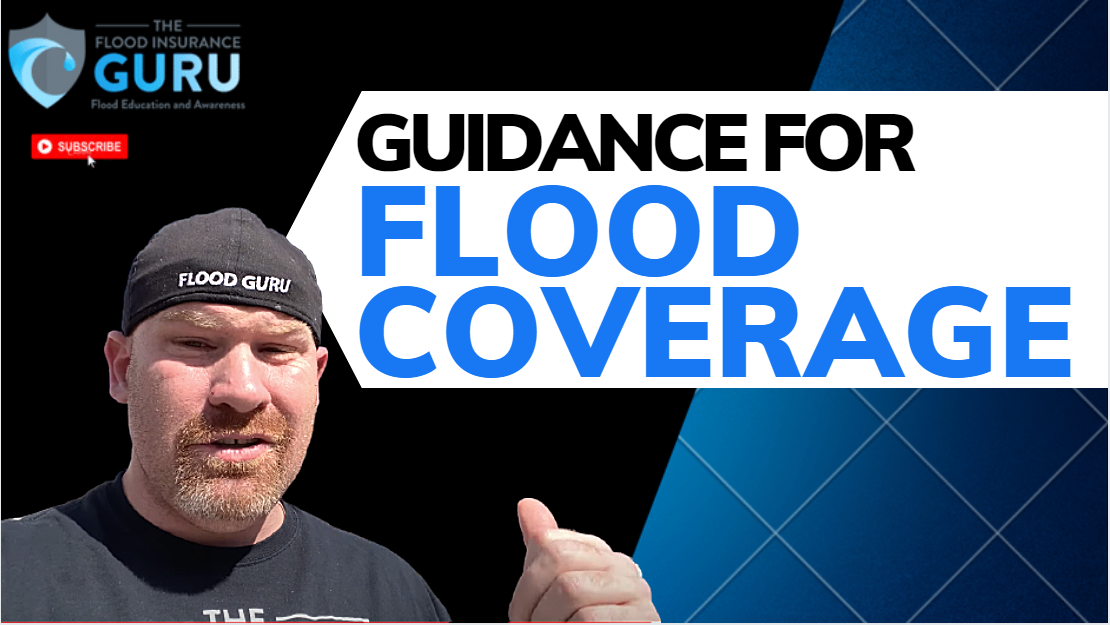Search for topics or resources
Enter your search below and hit enter or click the search icon.

This week of May 17th has been very heavy when it comes to Spring flooding. This in turn prompted the National Flood Insurance Program (NFIP) to receive a reintroduction of bills from Congressman Blaine Luetkemeyer.
Today, we want to unpack these bills and look at how they can impact your flood insurance from the Federal Emergency Management Agency (FEMA) and the NFIP.
Spring Has Sprung a Leak
We're barely even in the hurricane season when the month of May ravaged multiple states with flooding. Now, generally, this is because of the low-pressure systems we're getting as we shift into a warmer season.
We've seen Nashville get devastated with flooding in March. About 4 to 8 inches of rain was dumped which became the fourth largest two-day rainfall event in city history. When we look at Alabama, there were multiple flood events just this year. Recently, Birmingham faced more than 7 inches of rain and flooding rose to 3-feet. Just this week, Texas, Baton Rouge, and the Ozarks were ravaged by slow-moving low-pressure systems that dumped more than 5 inches of rain in a short amount of time. Even at the time of writing, all the flooding that happened is still being removed and is only starting to recede.
These flood events caused Luetkemeyer to reintroduce new bills when it comes to flood insurance. So we want to unpack this in order to set proper expectations especially when that NFIP 2.0 comes in October.
NFIP Commonsense Reforms?
The Community Mapping Act
When it comes to flood maps and flood zone designations, FEMA and the NFIP generally will be facing a lot of letter of map change because policyholders are being mapped into high-risk flood zones when in fact they've already gone through flood mitigation efforts to be removed from these zones.
This bill goal that NFIP and FEMA allow each community to produce their own flood maps. It's basically having the people who know the community best, designate the flood zone of their residents. Generally, this means more accurate flood maps for properties. Also, this may mean that flood insurance premiums won't be a problem or a shocker since the flood zones may be produced at a faster rate. Many policyholders get surprised with their premiums when they get moved to these high-risk flood zones or the special flood hazard area (SFHA).
Homeowners may also mean that they get the correct flood zone, avoid all that process, and expenses when it comes to changing your zone or removing yourself from that high-risk flood zone.
Replacement Cost Value
Another thing that Luetkemeyer introduced is using the replacement cost value of the property being written the policy for in determining the premium rates for flood insurance.
Generally, this means that people who are buying flood insurance from FEMA and the NFIP will get their flood policy premiums based on their written replacement cost value. In turn, these policyholders will have to pay that fair share when it comes to flood insurance and don't really get subsidies from coastal homeowners.
Opting Out of Mandatory Purchase
When it comes to commercial properties, you have to get flood insurance for these as a mandatory purchase requirement. This is something that you hear from us when it comes to being in a high-risk zone, but when you're doing a policy for a commercial property, you're not really going to have the option of private flood since federal flood insurance will be requiring you to go through FEMA.
This is aimed to change as commercial properties may opt-out of FEMA and the NFIP for their flood insurance and look at private carriers for their flood policy. Remember, regardless of the property type, the NFIP policy will have maximum amounts on their coverages, and sometimes even that $500,000 building coverage and $100,000 contents coverage won't even make up to whatever you lost.
Got questions about the constant changes with Flood Insurance?
Make sure to check out our  where we do daily flood education videos. You can also check out our podcast.
where we do daily flood education videos. You can also check out our podcast.